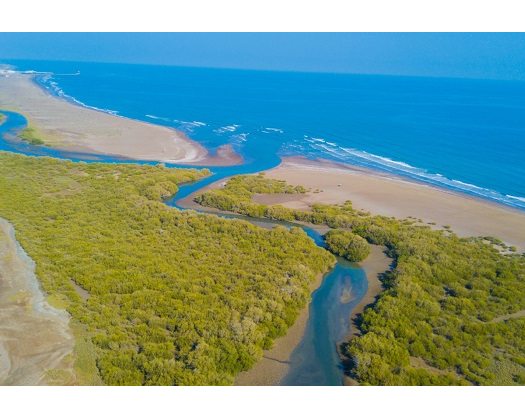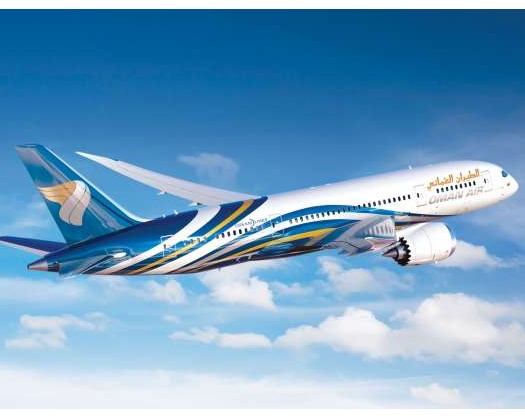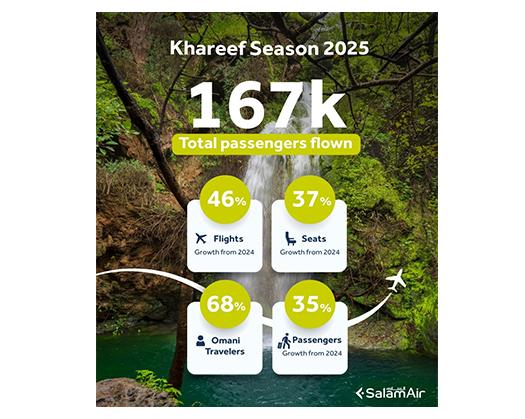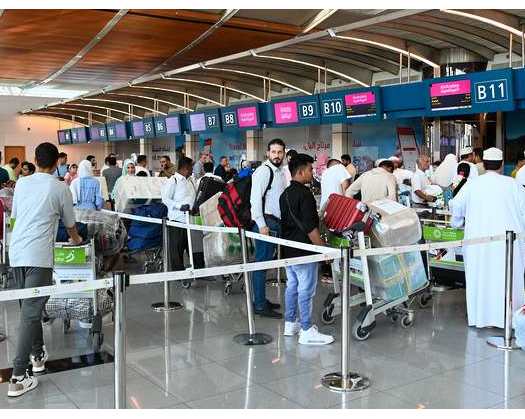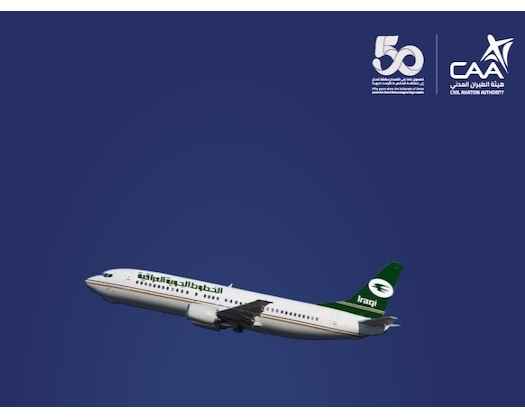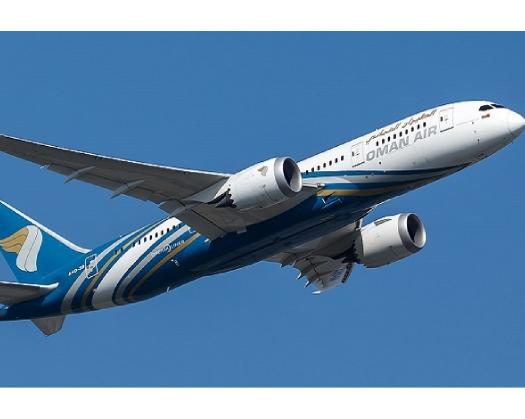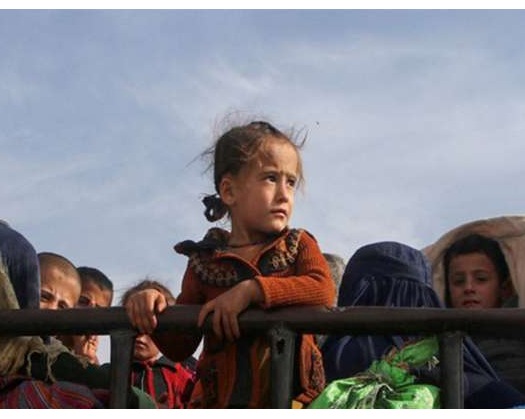North Al Batinah Governorate in Muscat is home to a rich variety of tourism attractions, featuring mountains, wadis, coastal areas, sand dunes, and natural springs, positioning it as a desirable winter tourism hotspot.
The governorate is also in the process of developing several adventure tourism sites and models to enhance visitor experiences.
According to the Directorate of the Ministry of Heritage and Tourism (MHT) in North Al Batinah, by the end of 2024, there will be 58 registered hotel establishments, including hotels, hotel apartments, guesthouses, green inns, and tourist rest houses, offering a total of 1,591 rooms and 395 apartments.
Moreover, the number of castles and forts in the region has reached 20 as of last year, with several historical sites available for investment. Agreements have been established for the management and operation of three forts within the governorate.
Hassan bin Sulaiman Al Jabri, Director of the MHT Directorate in North Al Batinah, emphasized the directorate's commitment to encouraging small and medium-sized enterprises (SMEs) to invest in diverse tourism products and experiences that attract visitors to various wilayats in the governorate. This includes the development of guesthouses, green inns, hotel apartments, and rest houses. Ongoing collaboration with different government entities aims to optimize project implementation, improve service offerings, and enhance marketing strategies. Additionally, there is continuous coordination with the Office of the Governor of North Al Batinah to expand the number of utilized tourism sites, aligning with the governorate's full potential and the goals of Oman Vision 2040.
Al Jabri further noted that last year saw the issuance of new tourism licenses for hotel establishments, which included 11 hotel apartments, green inns, and six guesthouses currently under construction.
In 2025, the introduction of two new hotels, three eco-friendly inns, and three guesthouses is anticipated.
Furthermore, there is a pressing need to emphasize activities and events that distinguish the governorate from others. This includes sports events, exhibitions, conferences, skilled artisans, local folk bands, and the distinctive lifestyle of the region. Promoting Omani traditional cuisine is also crucial, as Oman is recognized for its rich culinary diversity within the region. The popularity of mountain hiking and adventure tourism is on the rise in the governorate’s wilayats. Efforts are underway to enhance these activities in partnership with various public and private organizations, while implementing necessary safety and security protocols for those involved in this essential sector. These initiatives play a vital role in promoting numerous tourism and heritage sites.
Al Jabri also pointed out that winter camping projects in mountainous and remote wadi areas are drawing interest from the private sector and entrepreneurs.
He noted a significant rise in requests from small and medium-sized enterprises (SMEs) for tourism-related projects, as well as an increase in applications for tourism licenses for hotels, tourism facilities, and travel agencies within the governorate.
In conclusion, he underscored the directorate’s commitment to advancing adventure tourism. A seminar dedicated to this sector was conducted to showcase the governorate’s tourist attractions. Additionally, several Omani tourism companies specializing in adventure tourism were invited, and a tourism program was arranged for them to explore adventure tourism sites. A similar initiative was also organized for over 20 tourism companies from GCC countries.

